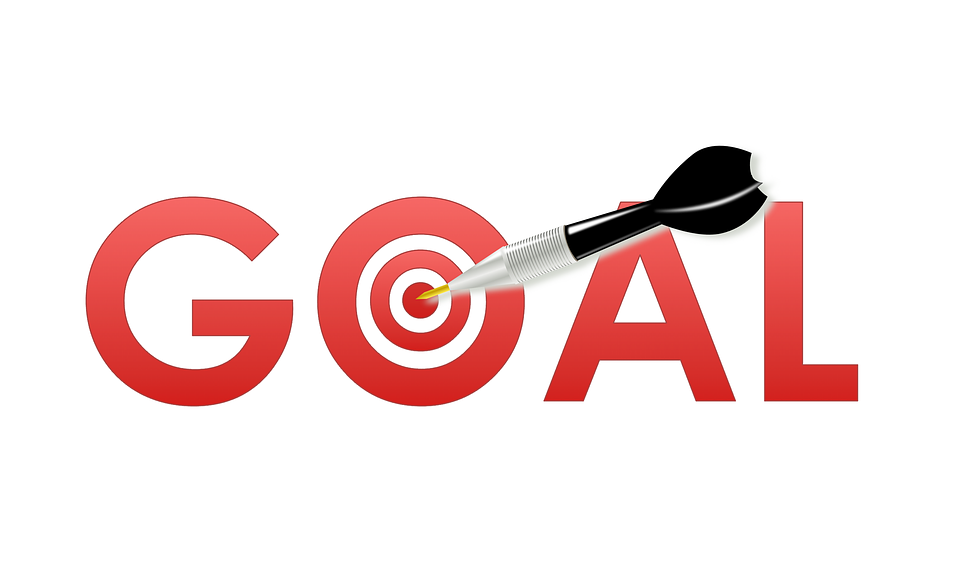
America is once again witnessing a burgeoning growth in credit card and mortgage debt, excluding those with reverse mortgages of course, who pay their reverse mortgage fees and don’t really contribute to the crisis, credit cards are really the most popular type of debt right now. The average American household has today more than $15,000 in credit card debt; with the typical interest rate being 13.7%, it means that each family could be shelling out in excess of $2,000 annually just in interest alone if they are only making the minimum payment. Debt consolidation has emerged as a popular way to get rid of credit card debt; however, you need to find out how exactly it can work for you, the advantages it will bring as well as the risks to avoid.
Debt Consolidation Advantages
Debt consolidation is a process by which you take a fresh loan to pay off all your existing loans. With debt consolidation, there are three common advantages:
Lower rate of interest: Typically credit cards carry a very steep rate of interest. By using a consolidating loan you can usually lower your interest rate to enable you to save significantly in interest expense over the tenor of the loan.
Easier debt monitoring: Invariably with multiple credit cards, it can be extremely difficult to keep track of all the monthly statements and make the due payments on time every month. After repaying your accumulated debt with a debt consolidation loan, you are left with only one loan to monitor and pay every month.
Credit score improvement: Maxing out your credit cards or using up a very high amount of the applicable limit translates to a very high utilization ratio that negatively affects your credit score. When you settle your credit card dues with a consolidation loan, you lower the utilization ratio and automatically improve your credit score. A Lending Club study found the credit score improving by 21 points within just three months for people who paid off credit card balances with a loan.
Ways of Consolidating Credit Card Debt to Take Advantage of Lower Interest Rate
Typically most people adopt one of the following three ways of shifting high-interest rate credit card debt to a consolidation loan carrying lower interest:
Personal loans: Getting a personal loan with a low rate of interest has become easier than before with plenty of lenders engaging in intense competition. Also, it is possible to conduct the search without negatively impacting your credit score. You can consult the many debt settlement reviews available online for the best rates and terms.
Home equity loans: The advantage of offering your home as a security for the consolidation loan is that you get a very low rate of interest, as well as the opportunity of deducting the interest from your income in your tax filing. However, if you default on the loan repayment, you could potentially lose your home. Typically, you can expect your local credit union to offer a rate in the region of 3.74%.
Credit card balance transfers: Credit card issuers sometimes extend sales promotion schemes to attract new customers that waive off interest on card balances for a specified period. If the debt amount is not too huge and can be repaid over the zero-interest period, opting for this scheme can save you a fair amount of interest.
Debt Consolidation – What to Avoid?
The methods described earlier can work very well if your income is sufficient to cover your expenses and the monthly repayments. All you need are a good credit score and the discipline to make lifestyle changes that permit you to save enough money for the debt repayment. However, if your credit score has already been negatively impacted due to a bad payment record and there’s no way your current income will be able to cover your repayments, it can be tempting to opt for a debt management scheme.
The danger is that all your credit card repayments will be put on hold and pressure will be applied on the issuers to negotiate a maximum reduction of interest and principal. Not only will all your credit card accounts become delinquent and turned over to collection agencies but also your credit score will suffer a steep fall. While it may be possible to achieve a reduction of around half of your outstanding, the process could take at least a couple of years during which you will have no access to the credit cards, and the negative impact on your credit score will take seven years to be erased.
Conclusion
If you have over-leveraged your credit card debt, the best thing to do to get your finances under control is to evaluate your lifestyle and cut back on non-essential spending and plow the money into repaying the debt. Debt consolidation can be very useful if you find the task of monitoring multiple debts difficult but it is unlikely to be of any use unless you curb your lifestyle, find additional sources of income, and focus on eliminating the debt as fast as possible.
Author bio: Mathew Holloway is a personal finance counselor who writes extensively on the social media regarding debt reduction and elimination methods. He always recommends readers to check the latest debt consolidation reviews before opting for a company to obtain a consolidation loan.








